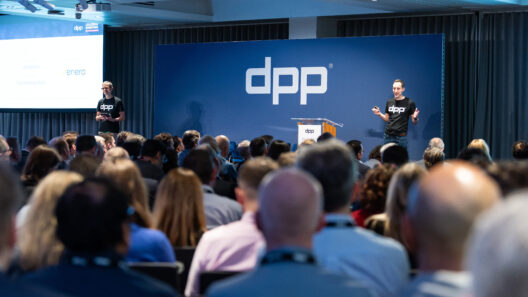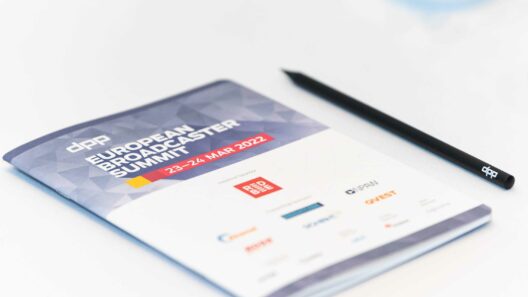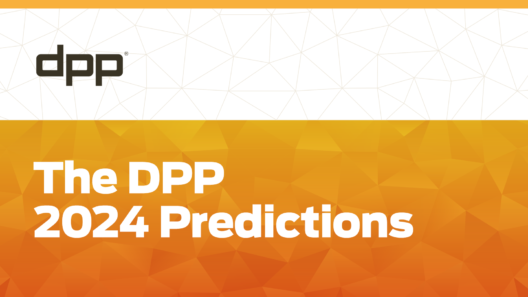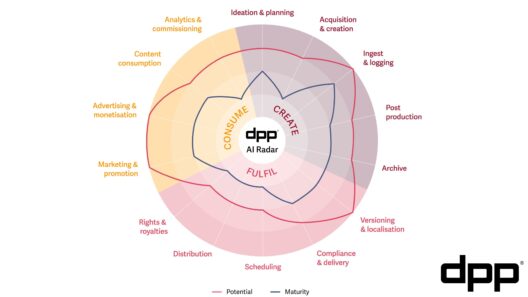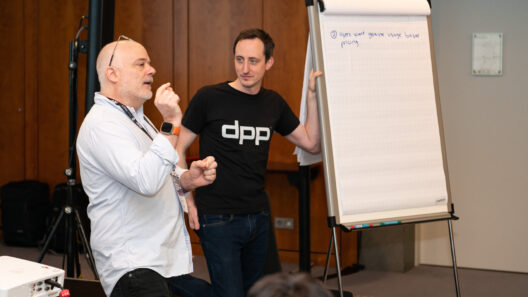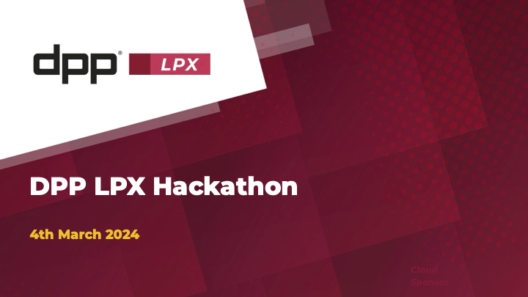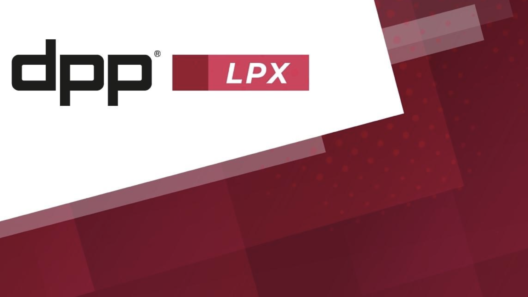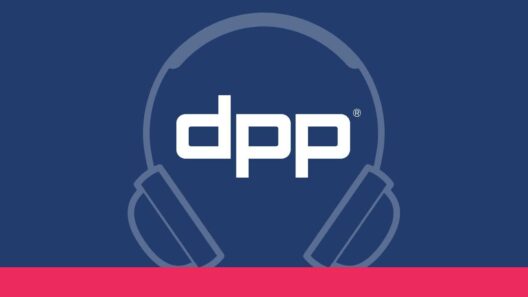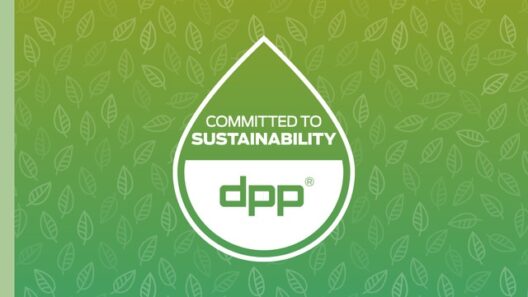The DPP in collaboration with the North American Broadcasters Association (NABA), has today announced the publication of the second SMPTE Technical Specification (TSP) for the Interoperable Master Format (IMF) for broadcast and online use cases: SMPTE TSP 2121-4:2019 IMF Application Constraint DPP (JPEG2000).
This new specification has been created to sit alongside IMF Application DPP (ProRes), also known as SMPTE TSP 2121-1, in order to benefit a wide range of implementers by offering delivery options through two codecs, common in the broadcast and online industries.
“Following the pioneering publication of SMPTE TSP 2121-1 last year, this new specification brings support for the JPEG2000 codec to the SMPTE TSP 2121 family.” said Rowan de Pomerai, DPP Head of Delivery and Growth. “It retains the use-case specific constraints that enable simpler interoperability across the content supply chain and, as such, is closely related to TSP 2121-1.”
In order to further align with other uses of IMF, IMF Application Constraint DPP (JPEG2000) is based on SMPTE ST 2067-21 IMF Application #2e. To enable the use of high dynamic range (HDR) content in the Hybrid Log Gamma (HLG) format, the DPP also supported the BBC in proposing Amendment 1 to SMPTE ST 2067-21:2016, which will add support for HLG to Application #2e.
“High dynamic range delivers huge audience benefit – even greater than higher resolution.” said Andy Quested, Standards Liaison at the BBC and chair of the ITU-R working group responsible for the HLG standard. “Supporting HLG across the SMPTE TSP 2121 specifications enables us to deliver the best content experiences while retaining maximum compatibility for delivering in standard dynamic range.”
Each specification makes it possible to automate the content supply chain, eliminate the unnecessary creation of multiple versions, enable workflow efficiencies, and reduce QC and archive storage requirements, while maintaining the quality of the original asset. The result is significant cost and time savings.
“The addition of J2K Library Masters for IMF adds another dimension for automated workflows supporting broadcasters and networks” said Chris Homer, consultant for North American Broadcasters Association (NABA). “The joint efforts of NABA and DPP brings together the best of both worlds.”
The publication of this new Technical Specification marks the next step of the DPP’s programme of work to support implementation of IMF across the broadcast and online communities. It follows the recent publication of four DPP documents offering Recommendations and Guidance on IMF metadata, QC processes, and operational implementation.
The DPP will continue to work with partners to enable IMF implementation globally, offering support to communities across production, post, broadcast, and content platforms. The next updates to this work will be shared at an IMF Breakfast Briefing for DPP members, on 13th September in Amsterdam.
For full SMPTE specifications, please visit: https://www.smpte.org/technical-specifications/tsp2121-app-dpp
